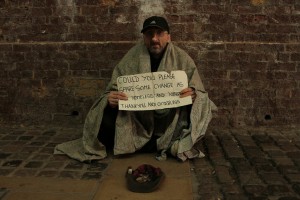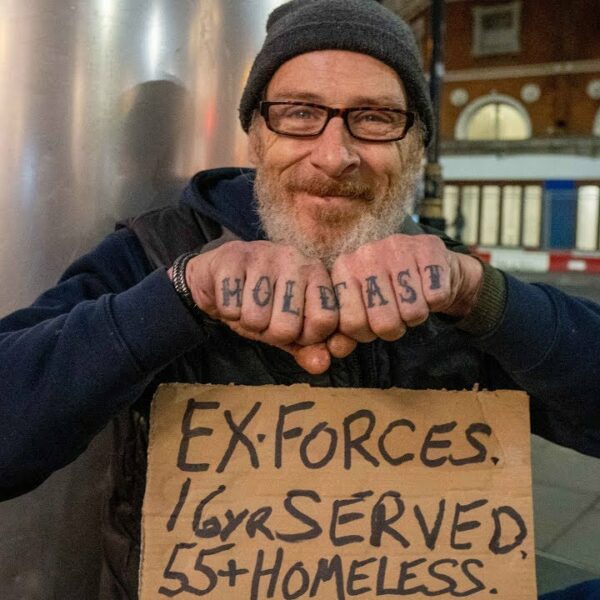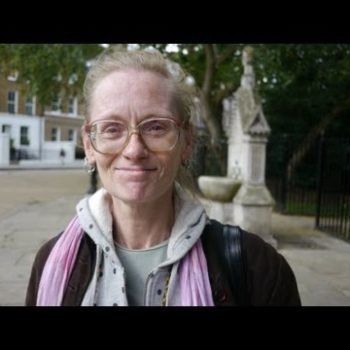 For more than a year Tim Richter, incoming president & CEO of the Canadian Alliance to End Homelessness, has repeatedly told me I need to get over to the UK and connect with Jeremy Swain, chief executive of Thames Reach, one of the largest London based charities helping our homeless friends and rough sleepers. I had been following Jeremy for some time. In fact, his interactions with a few rough sleepers over twitter, mainly Alex, who at the time was homeless, helped shape some of We Are Visible’s future (WAV 2.0 we hope to be launching soon).
For more than a year Tim Richter, incoming president & CEO of the Canadian Alliance to End Homelessness, has repeatedly told me I need to get over to the UK and connect with Jeremy Swain, chief executive of Thames Reach, one of the largest London based charities helping our homeless friends and rough sleepers. I had been following Jeremy for some time. In fact, his interactions with a few rough sleepers over twitter, mainly Alex, who at the time was homeless, helped shape some of We Are Visible’s future (WAV 2.0 we hope to be launching soon).
I am so very grateful that Jeremy took the time to meet with me and tape this interview. Unfortunately, I was only able to connect with with Jeremy late in my stay, so that did not allow enough time for me to go out in the streets with Thames Reach’s outreach team. I do hope to visit again and spend some time learning from them on the streets.
My first post from UK I covered rural homelessness. This interview with Jeremy was mainly about sleeping rough in London. The day before I left Los Angeles to fly to London BBC reported an increase of 43% of people sleeping rough in London. Jeremy helps explain the numbers and is optimistic that working together they can end homelessness.
One thing that blew me away is that out of the 300 employees 77 were formerly homeless. That’s huge! I love the story Jeremy shares about how they hired a person that was still in prison. I wish more homeless services would ‘hire up’ giving our homeless friends a chance. I’ve found that most homeless service providers here in the U.S. do not feel actually being homeless an asset to getting a job working with homeless. Even myself, after being homeless, no provider that I applied for work thought I had enough experience. Most look for college educated social workers or accountant types. Kind of ironic that a homeless service agency trying to help people get off the streets won’t hire homeless people!
I also learned that family homelessness is ILLEGAL! Yup, you heard me right! If a family ends up homeless by law the counsel has to find them housing! Do you have any idea how huge that is?!! Not just for fighting homelessness now but by getting kids out of homelessness as quickly as possible, since poverty and homelessness can often be generational, it helps prevent future homelessness! It also goes to show that a federal government can end homelessness if it wants to. The Federal Transient Service (FTS), which operated from 1933-35, greatly reduced homelessness in America. It worked so good lawmakers wanted it for everyone and turned it into what we now know as Social Security. Of course, now it’s not working so well.
Although I have followed much of the social media interaction of our rough sleeping friends and Jeremy Swain, the chief executive of a large homeless charity, I never know he actually met with them. The story of how he first met Alex while she was still sleeping rough is priceless. I love Jeremy’s take on how social media people become equal. I really wish more homeless services executives and policy makers would interact with our homeless friends on social media.












